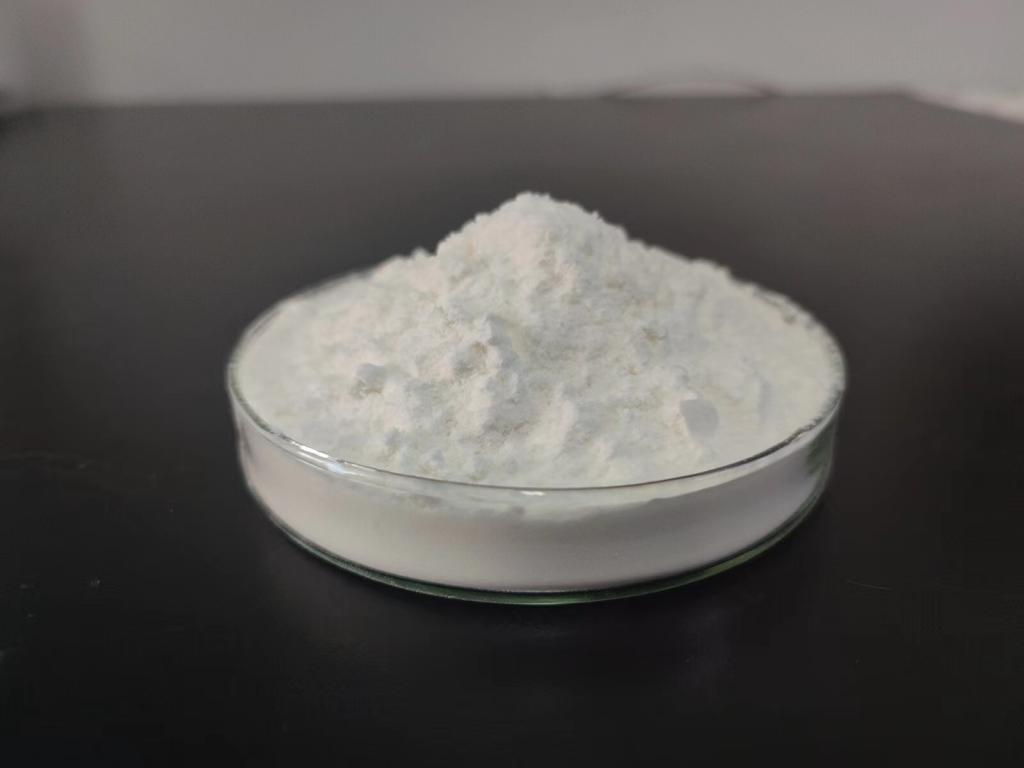Tel:+8618231198596

News
 CONTACT
CONTACT
 CONTACT
CONTACT
- Linkman:Linda Yao
- Tel: +8618231198596
- Email:linda.yao@dcpharma.cn
- Linkman:CHARLES.WANG
- Department:Overseas
- Tel: 0086 0311-85537378 0086 0311-85539701
News
Current Position:
Home >
News
>ε-Polylysine hydrochloride in the formulation of minimally processed food products
ε-Polylysine hydrochloride in the formulation of minimally processed food products
TIME:2024-11-01
Understanding ε-Polylysine Hydrochloride
ε-Polylysine is a linear polymer of the amino acid lysine, produced through the fermentation of specific strains of Streptomyces. It is recognized for its broad-spectrum antimicrobial properties, which effectively inhibit the growth of spoilage organisms and pathogens in food products. Due to its biodegradable nature and safety profile, ε-polylysine has gained approval from regulatory agencies, including the FDA and the European Food Safety Authority (EFSA), making it an attractive option for food manufacturers focused on clean-label formulations.
The Importance of Minimally Processed Foods
Minimally processed foods are characterized by a lack of extensive processing methods that alter their natural state. These foods often have shorter ingredient lists, fewer additives, and a greater emphasis on retaining natural flavors and nutrients. However, the challenge of microbial spoilage remains a significant concern, as the absence of preservatives can lead to reduced shelf life and potential food safety risks. This is where ε-polylysine hydrochloride can play a vital role.
Benefits of ε-Polylysine in Minimally Processed Food Products
Natural Preservation: ε-Polylysine provides a natural preservation method that aligns with consumer expectations for clean-label products. By effectively inhibiting microbial growth, it allows manufacturers to maintain the integrity of minimally processed foods without relying on synthetic preservatives.
Extended Shelf Life: The incorporation of ε-polylysine into minimally processed products can significantly extend their shelf life. By controlling the growth of spoilage organisms and pathogens, ε-polylysine helps ensure that products remain fresh and safe for longer periods, reducing food waste and enhancing product availability.
Nutritional Integrity: One of the primary advantages of minimally processed foods is their nutritional profile. Since ε-polylysine does not compromise the nutritional content of food products, it supports the formulation of healthful options that retain essential vitamins, minerals, and other nutrients.
Versatility in Applications: ε-Polylysine is compatible with various food matrices, making it suitable for a wide range of minimally processed products. It can be used in ready-to-eat salads, fresh-cut fruits and vegetables, meat alternatives, and dairy substitutes, providing antimicrobial protection across diverse categories.
Applications of ε-Polylysine in Minimally Processed Foods
Fresh Produce: The application of ε-polylysine in the preservation of fresh-cut fruits and vegetables can help inhibit microbial growth, extending their shelf life while maintaining freshness. This is particularly beneficial in convenience-oriented markets where consumers seek ready-to-eat options.
Meat and Poultry: Minimally processed meat and poultry products can benefit from the antimicrobial properties of ε-polylysine, which can help reduce spoilage and ensure food safety. By extending shelf life, ε-polylysine allows these products to remain appealing to consumers while minimizing the use of preservatives.
Dairy Alternatives: As the demand for plant-based dairy substitutes grows, ε-polylysine can be integrated into products such as almond milk, soy yogurt, and coconut-based cheeses. Its ability to inhibit microbial growth ensures the quality and safety of these minimally processed options.
Baked Goods: The incorporation of ε-polylysine into minimally processed baked goods can help prevent mold and yeast growth, enhancing shelf life while maintaining the product's wholesome characteristics.
Regulatory Considerations
The integration of ε-polylysine hydrochloride into minimally processed food products must adhere to regulatory guidelines. Regulatory bodies evaluate the safety and efficacy of food additives to ensure consumer protection. Compliance with labeling requirements is essential to provide transparency to consumers regarding the use of ε-polylysine in food formulations.
Future Directions
Research into ε-polylysine hydrochloride in minimally processed foods is still evolving, and several areas warrant further exploration:
Optimization of Formulations: Investigating the optimal concentration of ε-polylysine for various food products can help maximize its antimicrobial effects while ensuring sensory attributes are maintained.
Consumer Perception Studies: Understanding consumer attitudes toward minimally processed foods containing ε-polylysine will be essential for successful market integration. Sensory evaluations and surveys can provide valuable insights into consumer acceptance.
Shelf Life Studies: Conducting extensive shelf life studies on products containing ε-polylysine will help quantify its effectiveness in prolonging freshness and safety in real-world conditions.
Conclusion
The incorporation of ε-polylysine hydrochloride in the formulation of minimally processed food products presents an innovative solution to the challenges of food preservation. Its natural antimicrobial properties, combined with its compatibility with various food matrices, make it a valuable ingredient for manufacturers aiming to meet consumer demands for safe, high-quality, and minimally processed options. As the food industry continues to evolve, ε-polylysine is poised to play a significant role in shaping the future of food preservation, ensuring that products remain fresh, safe, and appealing to health-conscious consumers.
- Tel:+8618231198596
- Whatsapp:18231198596
- Chat With Skype







